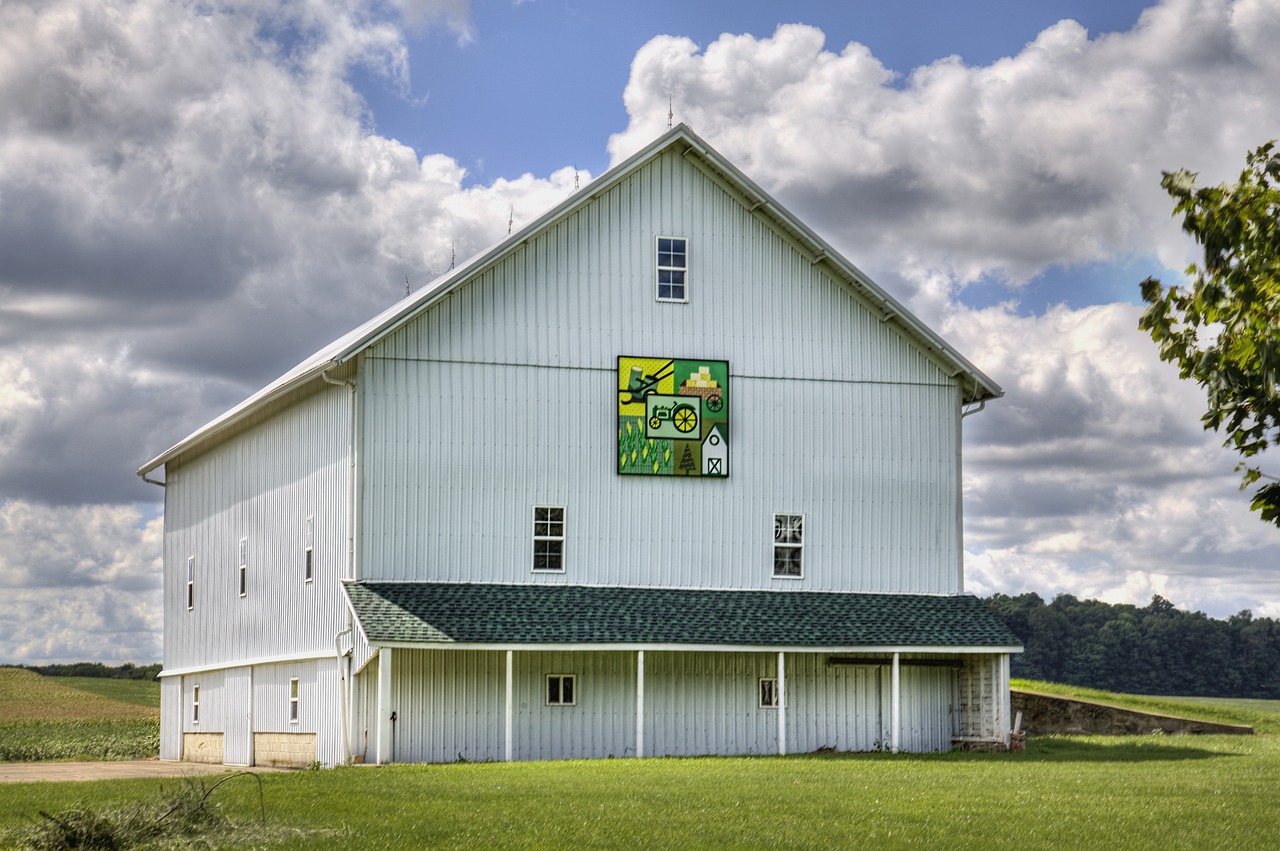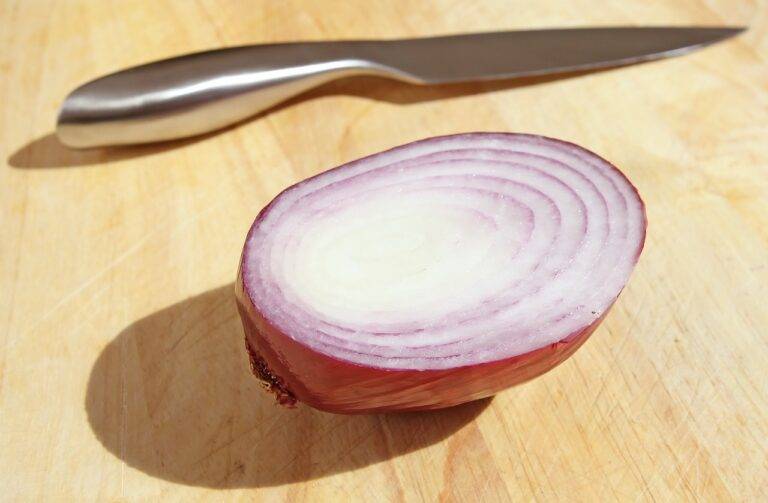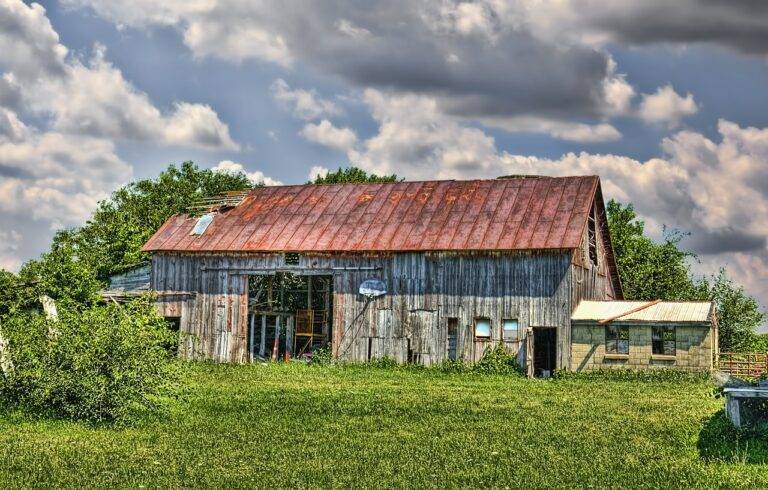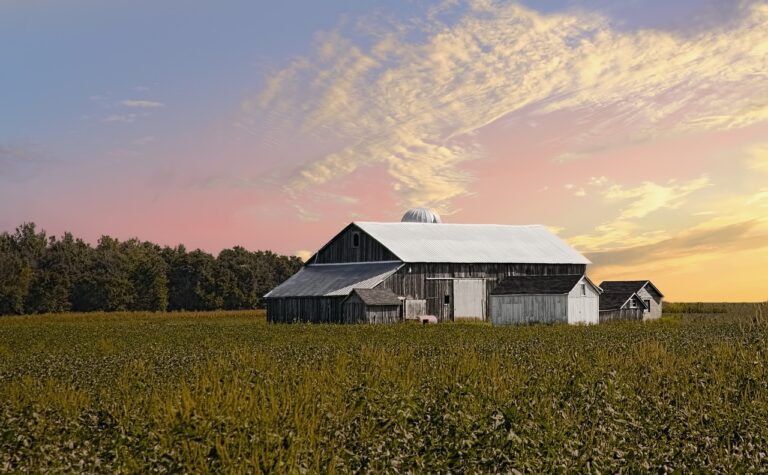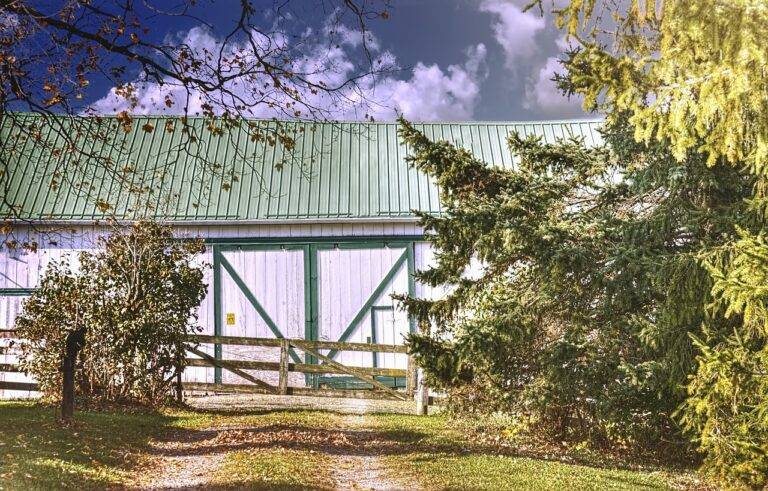Metal Roofing: Resilience Against Natural Disasters: Welcome 11xplay, Laser247. Com, World777.com registration
welcome 11xplay, laser247. com, world777.com registration: Metal roofing has been gaining popularity in recent years due to its durability and resilience against natural disasters. With climate change causing an increase in extreme weather events, homeowners and businesses are seeking out roofing materials that can withstand the elements. Metal roofing has proven to be a reliable choice in this regard.
Metal roofs are known for their strength and ability to withstand high winds, heavy snow, hail, and even wildfires. Unlike traditional asphalt shingles, which can easily be blown off or damaged during a storm, metal roofing is designed to hold up against harsh conditions. This makes it an excellent option for areas prone to hurricanes, tornadoes, and other severe weather events.
In addition to its durability, metal roofing is also energy-efficient and environmentally friendly. Metal roofs reflect solar radiant heat, which can help reduce cooling costs during the hot summer months. They are also made from recyclable materials, making them a sustainable choice for eco-conscious consumers.
If you’re considering installing a metal roof on your home or business, here are some key points to keep in mind:
1. Types of Metal Roofing Materials:
There are several options to choose from when it comes to metal roofing materials. Some of the most common types include:
– Steel: Durable and affordable, steel roofing is a popular choice for residential and commercial buildings.
– Aluminum: Lightweight and corrosion-resistant, aluminum roofing is a great option for coastal areas or regions with high humidity.
– Copper: Known for its beauty and longevity, copper roofing is a premium choice that can last for decades.
– Zinc: A sustainable option that develops a protective patina over time, zinc roofing is both durable and stylish.
2. Installation Process:
Metal roofing can be installed over existing shingles or as a new roof. The installation process typically involves laying down a waterproof membrane, followed by the metal panels or shingles. It’s important to hire a professional roofing contractor with experience in installing metal roofs to ensure a proper and secure installation.
3. Maintenance and Care:
Metal roofs require minimal maintenance compared to other roofing materials. Regular inspections and cleaning can help prolong the lifespan of your roof. It’s also important to check for any loose panels or fasteners after a severe weather event to prevent any potential leaks.
4. Longevity and Warranty:
Metal roofing is known for its long lifespan, with some materials lasting up to 50 years or more. Many manufacturers offer warranties on their metal roofing products, so be sure to inquire about warranty options when choosing your roofing material.
5. Cost Considerations:
While metal roofing may have a higher upfront cost compared to traditional roofing materials, the long-term benefits often outweigh the initial investment. Metal roofs are durable, energy-efficient, and can increase the value of your property.
6. Resilience Against Natural Disasters:
One of the key advantages of metal roofing is its resilience against natural disasters. Metal roofs are designed to withstand high winds, heavy snow loads, hail storms, and even wildfires. In areas prone to hurricanes or tornadoes, metal roofing can provide added protection and peace of mind for homeowners and businesses.
FAQs:
Q: Are metal roofs noisy during rainstorms?
A: Contrary to popular belief, metal roofs are not significantly noisier than other roofing materials during rainstorms. Proper insulation and attic ventilation can help reduce any noise from rain hitting the roof.
Q: Can metal roofing attract lightning strikes?
A: Metal roofing does not attract lightning strikes any more than other roofing materials. In fact, metal roofs are non-combustible and can help protect your home in the event of a lightning strike.
Q: Are metal roofs prone to rusting?
A: While some metal roofing materials can rust over time, most modern metal roofs are treated with protective coatings to prevent corrosion. Proper maintenance and care can also help prolong the lifespan of your metal roof.
In conclusion, metal roofing offers a range of benefits for homeowners and businesses looking for a durable and resilient roofing solution. With its ability to withstand natural disasters and extreme weather events, metal roofing is a smart choice for those seeking long-term protection and peace of mind. Consider investing in a metal roof for your property to enjoy its many advantages for years to come.

